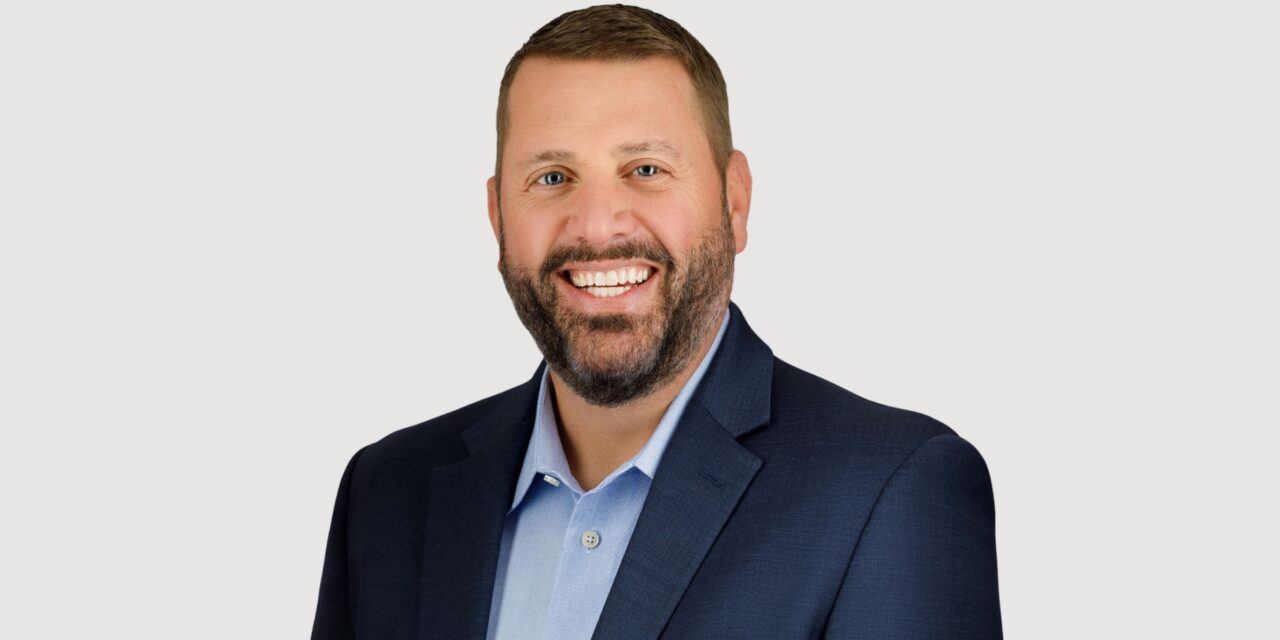Eric Grunden shares how Intelerad is restructuring its support teams, responding to client concerns, and working toward long-term service improvements.
Following a wave of acquisitions and rapid scaling, medical imaging software company Intelerad faced growing pains that impacted its ability to consistently support its clients. In response, the company launched an internal initiative aimed at rebuilding trust and rethinking its service model.
At the center of that effort is Eric Grunden, chief client officer, who was brought on to lead the initiative. In this Q&A, Grunden speaks with 24×7 about Intelerad’s “Client Obsession” strategy, what he heard from frustrated healthcare clients, and how the company is working to deliver faster, more reliable support.
24×7: You were brought in specifically to steer the client service initiative, which you’ve dubbed “Client Obsession.” Based on what you learned early on—through client feedback and internal assessments—what were your top priorities when you stepped into the role?
When I joined Intelerad, we were experiencing the realities of rapid expansion stemming from a period of growth that included eight acquisitions. It was apparent that this growth had created some challenges for our clients. With bigger teams and increased operational complexity, our delivery of consistent support around medical imaging solutions was tested.
Clients were frustrated with inconsistent support experiences, and internally, we were getting caught up on our own processes. It became clear that we needed to simplify workflows, empower our teams to act decisively, and ensure every client interaction demonstrated the value of our partnership. Through candid client feedback and internal assessments, I identified three top priorities: rebuilding trust, addressing operational bottlenecks, and shifting from a reactive to a proactive service model. This initiative is not about quick fixes or a one-time effort; by creating a cultural shift toward true client obsession, we’ve launched a full-scale permanent transformation.
24×7: In discussions with healthcare clients, what recurring themes or frustrations surfaced regarding support and imaging workflows, and how are those informing the changes you’re implementing?
Recurring themes included frustration with fragmented support processes, delays in resolving issues, and a lack of proactive engagement. Clients often felt overwhelmed when trying to get help, and they wanted us to anticipate their needs rather than waiting for problems to arise. We’ve integrated that feedback into our client success strategy, taking care to weave it into every phase of company decision-making processes.
To streamline support workflows, Intelerad introduced a critical care team for urgent needs and implemented proactive monitoring to identify and address potential issues before they escalate. Our goal is to make support seamless and ensure clients can focus on patient care without worrying about their imaging systems.
24×7: What operational or structural changes have you introduced so far to strengthen client support, and how are they helping improve the customer experience?
We’ve made several key changes to strengthen client support. First, we’ve improved the client-to-client success manager ratio, allowing for more personalized and attentive service. Second, we’ve reorganized our support team, with a focus on hiring senior-level professionals who bring deep expertise in PACS and healthcare. Third, we’ve empowered our frontline teams by removing unnecessary approval barriers and equipping them with advanced training, playbooks, and AI-driven tools, which have enabled faster response times, reduced repeat issues, and created a more seamless experience for clients.
We’ve made a clear commitment to building trust and long-term relationships rather than just solving problems as they arise, and that transparency is a crucial part of our overarching strategy.
24×7: Training and education are often areas where healthcare organizations need more support. How is Intelerad approaching this, and what kind of impact are you aiming to achieve?
We’re addressing training and education through the creation of an education services division. This initiative offers both internal and client-facing training programs, including live, interactive sessions and a recurring calendar of virtual and in-person classes. For our clients, this means access to tailored training that helps them maximize the value of our solutions. For our internal teams, it ensures they’re equipped with the knowledge and skills to provide proactive, strategic guidance. Our goal is to empower healthcare organizations to operate more efficiently, reduce downtime, and ultimately improve patient outcomes by ensuring their teams are confident and capable.
24×7: Can you share any early data or metrics around client satisfaction, response times, or performance improvements that demonstrate the impact of Intelerad’s client-focused initiative?
The results of our transformation are already evident in the data. Our Customer Satisfaction score has climbed to over 90%, and we’ve achieved a 72% year-over-year reduction in dissatisfaction scores. Our Net Promoter Score has nearly doubled since 2022, reflecting the effectiveness of our service delivery enhancements.
Additionally, client survey participation has increased by 321%, providing us with richer feedback to continue refining our approach. These metrics underscore the progress we’ve made, but more importantly, they reflect the trust we’re rebuilding with our clients. This is just the beginning, and we’re dedicated to maintaining our new path of continuous improvement.
Photo caption: Eric Grunden
Photo credit: Intelerad





